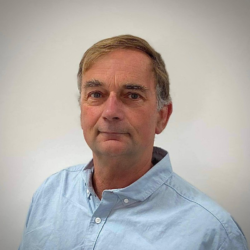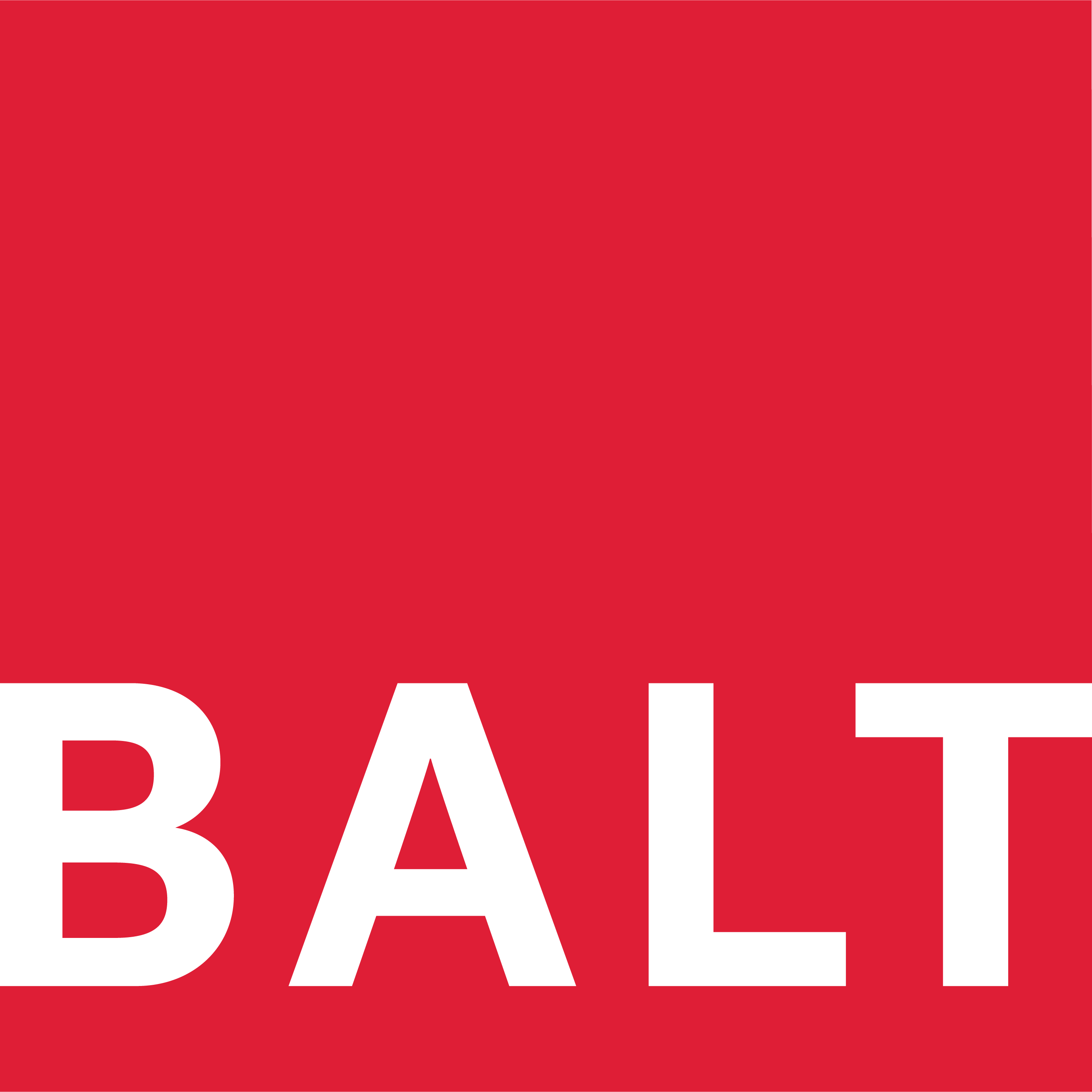Explore innovative business models
for the Circular Economy.
Dr Andrew Terhorst will present six patterns observed in circular business models and invite participants to explore their applicability in a Tasmanian context.
Expanding upon the origins and ontology of Osterwalder’s popular Business Model Canvas, this interactive seminar will assist Tasmanian businesses to better understand sustainable business models that drive growth and profitability while benefiting the environment and society.
Ask questions, exchange ideas and uncover the opportunities for Tasmanian businesses in a changing economic environment.
This seminar will provide valuable insights and practical strategies for small to medium-sized business leaders to transition to more sustainable business models.
By taking part, participants will:
- acquire knowledge of:
- – Osterwalder’s Business Model Canvas,
- – alternative business models and theoretical concepts,
- – the six patterns of Circular Economic business models, and
- gain insight into the application of these concepts in their small to medium-sized businesses.

Dr Andrew Terhorst
PhD (Business), MSc (Geology)
Andrew Tehorst is a computational social scientist with CSIRO Data61. He has extensive research and consulting experience across various domains, including corporate sustainability, mineral exploration, environmental impact assessment, natural resource management, and urban and regional planning. Andrew has remote sensing, spatial analysis, social network analysis, and natural language processing expertise. His current research focuses on open innovation, particularly on knowledge diffusion and brokerage. Andrew is particularly interested in sustainable business models and how open innovation can facilitate the emerging circular economy.
